|
Film co-directed by Jialing Zhang, now playing theatrically, has won numerous awards: 'The government [says] the one child policy prevented 400 million babies from being born' One Child Nation, the harrowing new documentary from Nanfu Wang and Jialing Zhang, begins with images of an unborn baby, its body gently floating in liquid. Perhaps the fetus is drifting in amniotic fluid, viewers may wonder. Later, we understand the body is suspended in an embalming jar. An artist, intent on portraying the impact of China's one child policy, has preserved it. Wang shares a similar goal to that artist, Peng Weng. Her film is aimed at exposing the reality of how the Chinese government enforced the one child policy on a practical level and how many families - across the world - were affected by it. One Child Nation unlocks a little known story of forced abortions, infanticide and forced sterilization of women on a massive scale. The government has never admitted that the one child policy has done a lot of harm on the society. One Child Nation is now playing in theaters in New York, Los Angeles, Houston and other cities [details here] and will later stream on Amazon Prime. It won the Grand Jury Prize for U.S. Documentary at the Sundance Film Festival in January before going on to win awards at the Traverse City Film Festival, Full Frame, and Sheffield, among other festivals. In the U.S. the religious right has become singularly focused on preventing women from accessing abortion services, which at first glance might seem the opposite of what took place in China, where the government forced women who violated the one child policy to undergo abortions. But Wang sees a common theme - preventing women from exercising control over their own bodies. Nonfictionfilm.com spoke with Wang in Los Angeles about getting One Child Nation made and what the film reveals about the mechanics of a brutal policy. How difficult was it to make One Child Nation, given that your first film, Hooligan Sparrow, was also critical of the Chinese government? Nanfu Wang: When I started the idea of the film I wasn't sure whether I would be able to go back to China at all because I hadn't been back since Hooligan Sparrow. And there was the possibility that I wouldn't be allowed to enter the country or, even worse, that as soon as I show up in China the government would send police and it would jeopardize the filmmaking and also endanger the subjects. So that's when I reached out to my friend Jialing [Zhang], who is a great filmmaker, who lived in China at the time, asking if she would be willing to collaborate with me. And she said yes. So we started doing underground work then and then later I wanted to try to go back to China. I decided to test the water by going back first with my husband and our two-month-old son and to see how the government would react. So at that time I stayed within my village and didn't go out beyond the village and the government didn't confront me or harass me directly. And, ironically enough, several months later they actually invited me to show my second film, I'm Another You, which is about America's homelessness and mental illness [problems] and I took that opportunity and went back again and again and again to film. There were some incidents that we encountered - questioning - and it was a little scary, but because of the lessons I learned while making Hooligan Sparrow this time we did a lot of precautions. So for example, not taking any public transportation, not staying in a hotel, and luckily we were able to finish the production without like getting into big trouble. Why did China impose the one child policy and how was it carried out? NW: The policy started in 1979 with the goal of controlling population and also a way of developing the economy... It was around the time that China really wanted to get rid of poverty and they believed that by controlling the population it would allow each family, each individual, to enjoy more resources if there were [fewer] people. So once the policy started, the implementation is in every level of the government there was a family planning office. People's job was to monitor women down to like when their periods come and whether a woman is pregnant or not. So if a pregnant woman gave birth to their first child within a month they would be forced to have a sterilization. And if women resisted - let's say if they tried to hide in a different city, in a different village - once they are discovered they would be taken into a clinic to have a forced abortion. And the family planning offices also work very closely with the police. If anybody resisted and violated the one child policy they face detainment, prison time and also substantial fines. As you reveal in the film, in many cases babies were killed after they were born. What kind of numbers were involved? NW: There isn't official statistics or any statistics on that specific number, but the government has bragged about its success by saying that the one child policy prevented 400 million babies from being born. Many families simply abandoned babies. NW: This happened very commonly in rural areas. China is a patriarchal society and especially in the rural area where families rely on the male offspring to survive, to do the work, and there is traditional value that has been going on for thousands of years in China that male is valued more than female. So when the one child policy started families had only one chance to have a baby, they would give away or abandon the daughters in the hope of trying again for a son. Many of those abandoned babies starved to death. NW: A lot of them, because they were just left outside and they just died and that included my own uncle who left his daughter right after she was born in the market and then she died. And 'til this day it was still very painful and [he] suffered from the trauma because he had to do that. As you were growing up in China how aware were you of the one child policy? NW: I was born in 1985 and the policy started in 1979 so after I was born the policy was always there. And I remember the propaganda around me is always there and I never questioned because it just became part of the normal life, like it always existed there. You never questioned why it was there. But I do remember even when I was a child I heard about the forced abortions, forced sterilizations. Like the sterilization was so common, it's something that every woman goes through, that I never even questioned or really understood what that was about. Tell me about including the work of artist Peng Weng in your film. NW: He used to teach fine arts in a university. And when he was young he would go out to paint landscapes and one day he went to a trash site because he was attracted by the visuals of a trash site. And he discovered that there were a lot of abandoned fetuses, dead babies. And he kept going back and he saw more and more. So he decided to take pictures and document and he decided to understand what was going on and that was when he realized the brutality of the one child policy. And ever since then he documented everything that he could around that area and he even eventually brought back those dead fetuses and preserved them. He said he wanted to show the world what the government had done during the one child policy using those as evidences. And so we went to talk to him and we also filmed his work. Related: |
AuthorMatthew Carey is a documentary filmmaker and journalist. His work has appeared on Deadline.com, CNN, CNN.com, TheWrap.com, NBCNews.com and in Documentary magazine. |
- Home
- News
- Videos
-
Galleries
- 2019 Tribeca Film Festival
- Full Frame Documentary Film Festival
- 2019 SXSW Film Festival
- SXSW 2018 Gallery
- 2019 Sundance Film Festival
- Outfest 2018 Photo Gallery
- Outfest 2017
- Sundance 2018 Photos
- 2017 LA Film Festival
- 2017 Cannes Film Festival
- Tribeca Film Festival 2017
- SXSW 2017 Gallery
- 2017 Berlin Film Festival
- Sundance 2017 Gallery
- 2016 Los Angeles Film Festival
- Cannes Film Festival 2016
- SXSW 2016 Gallery
- Berlinale 2016 Gallery
- Sundance 2016 Gallery
- Filmmaker Gallery
- About
- Contact
Proudly powered by Weebly
- Home
- News
- Videos
-
Galleries
- 2019 Tribeca Film Festival
- Full Frame Documentary Film Festival
- 2019 SXSW Film Festival
- SXSW 2018 Gallery
- 2019 Sundance Film Festival
- Outfest 2018 Photo Gallery
- Outfest 2017
- Sundance 2018 Photos
- 2017 LA Film Festival
- 2017 Cannes Film Festival
- Tribeca Film Festival 2017
- SXSW 2017 Gallery
- 2017 Berlin Film Festival
- Sundance 2017 Gallery
- 2016 Los Angeles Film Festival
- Cannes Film Festival 2016
- SXSW 2016 Gallery
- Berlinale 2016 Gallery
- Sundance 2016 Gallery
- Filmmaker Gallery
- About
- Contact

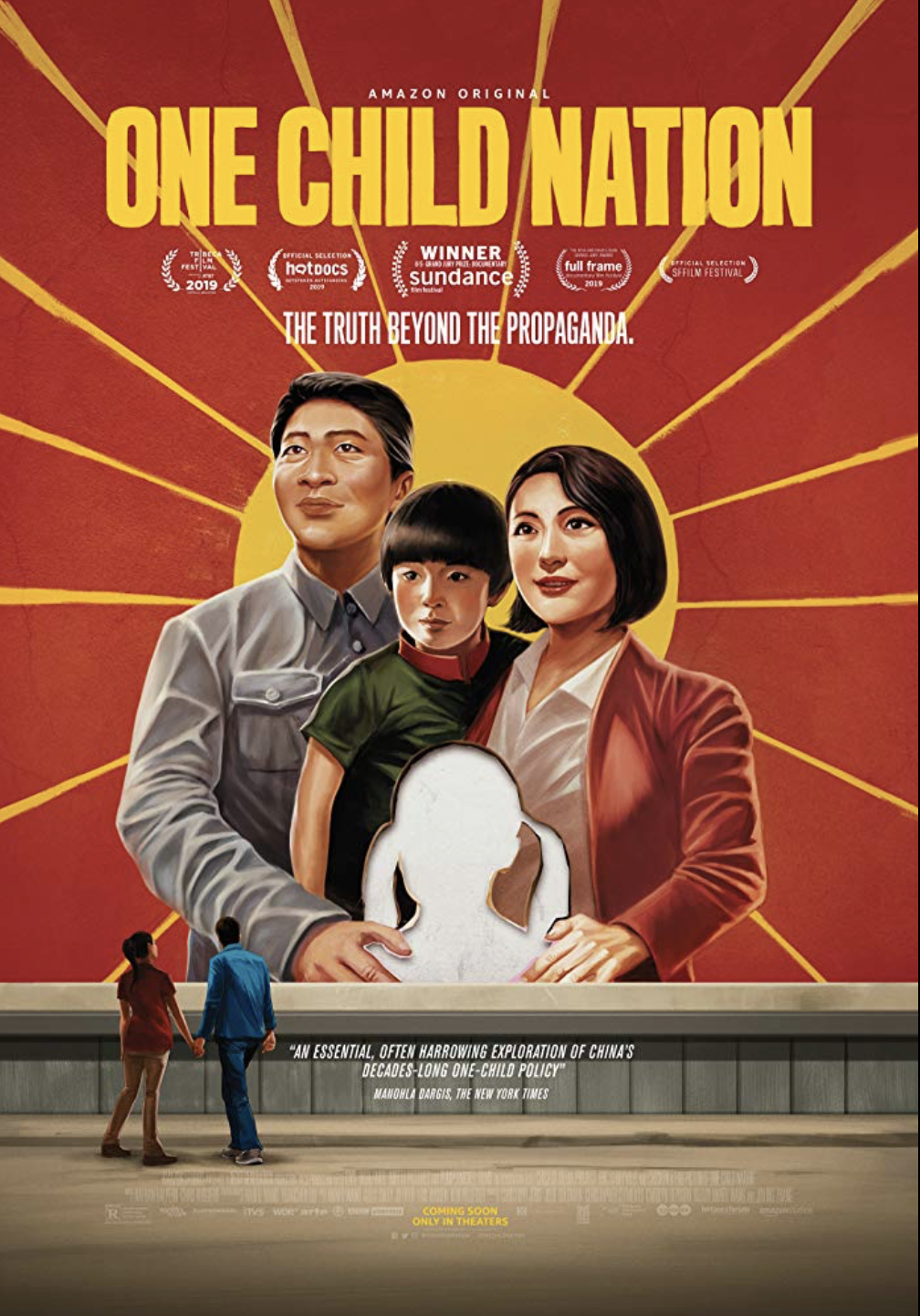
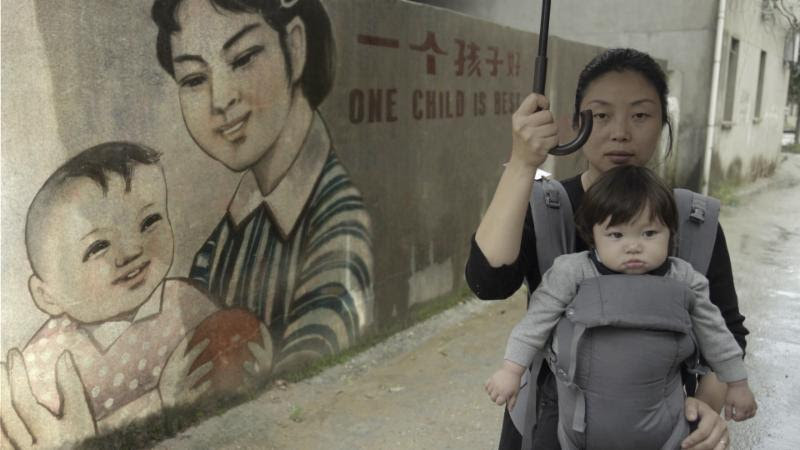
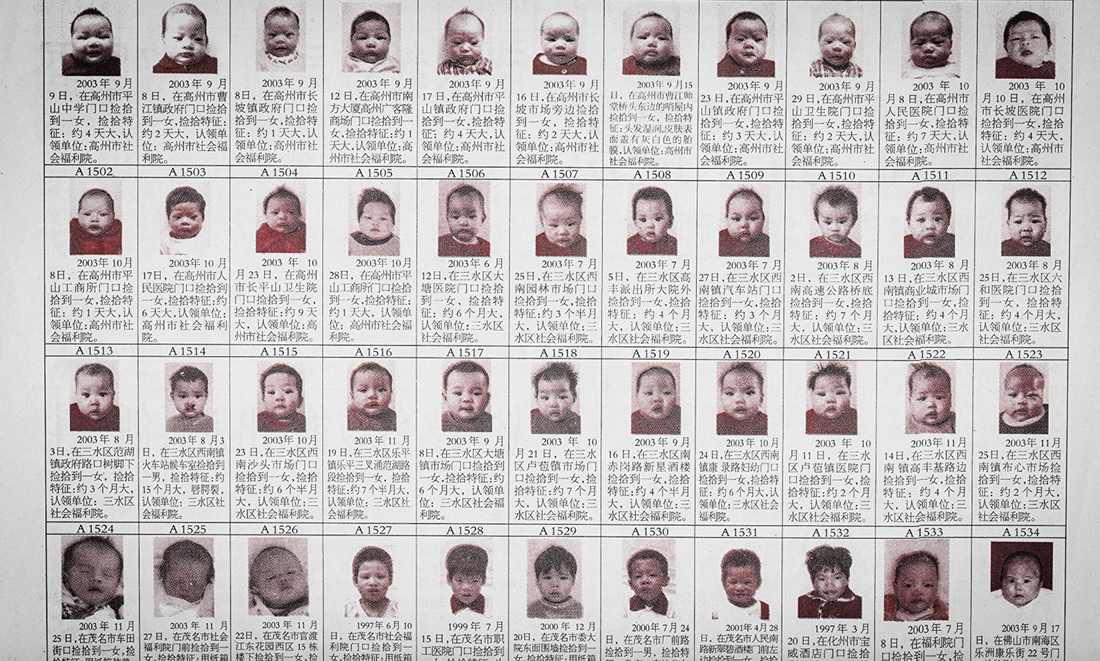
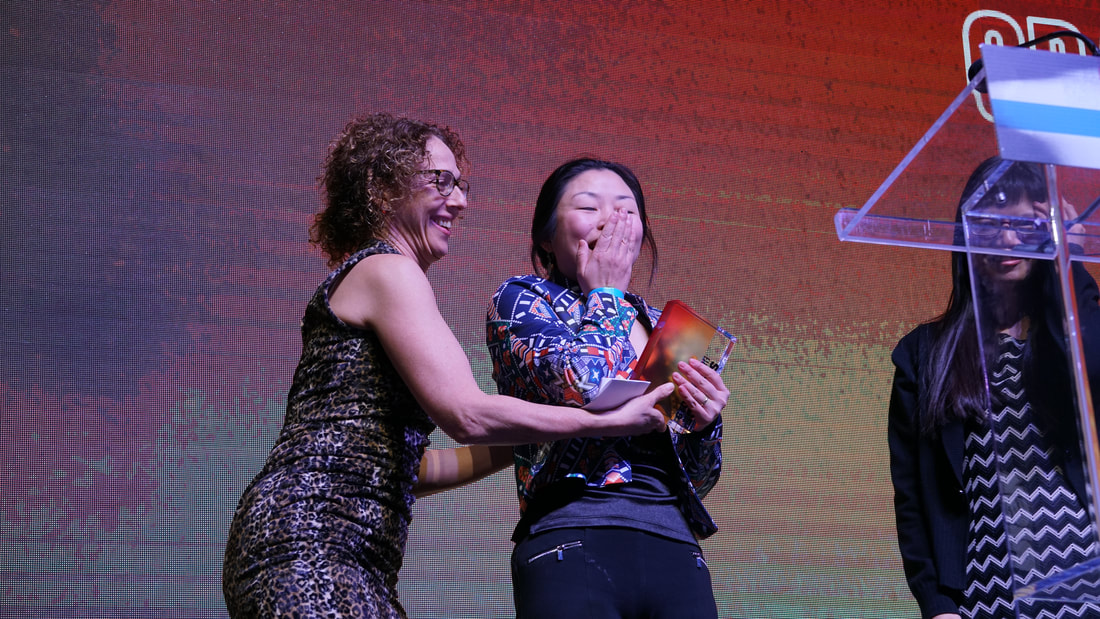
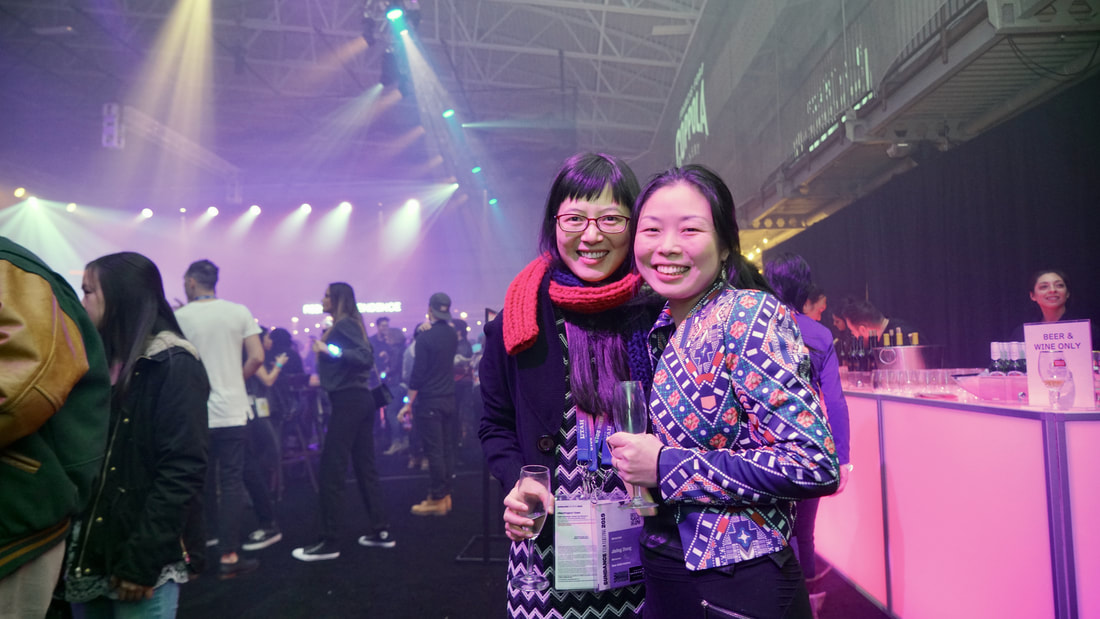
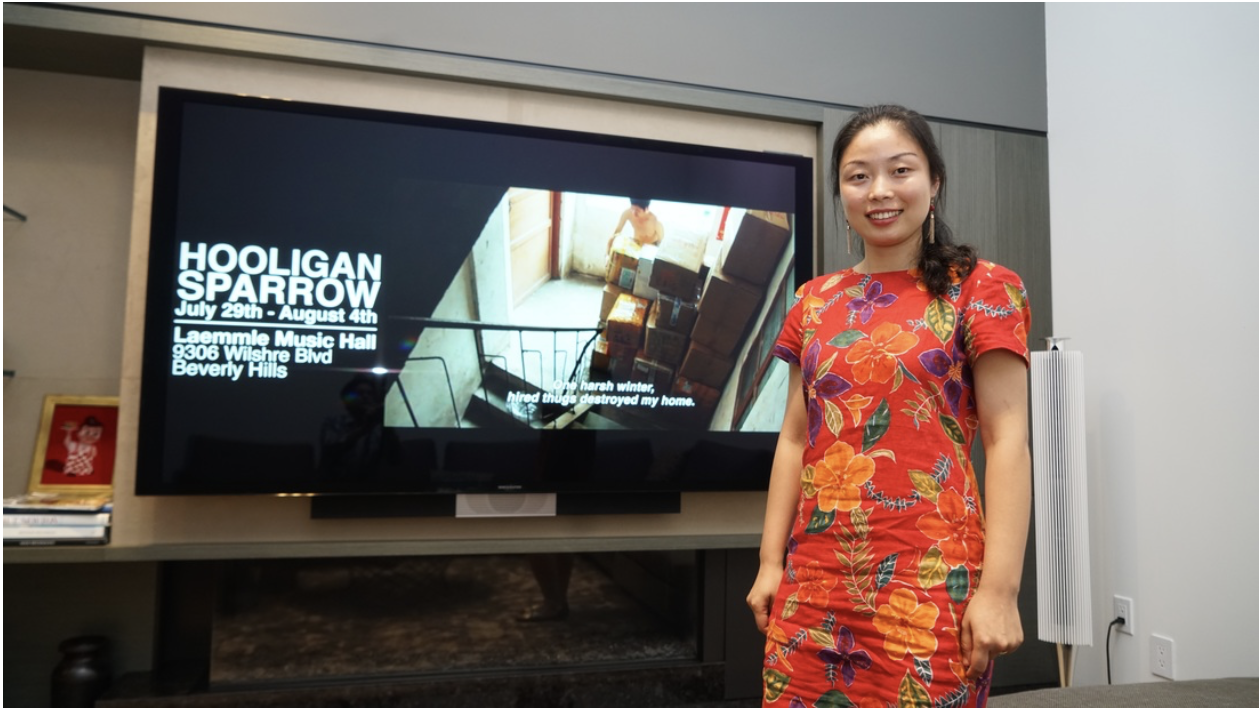
 RSS Feed
RSS Feed